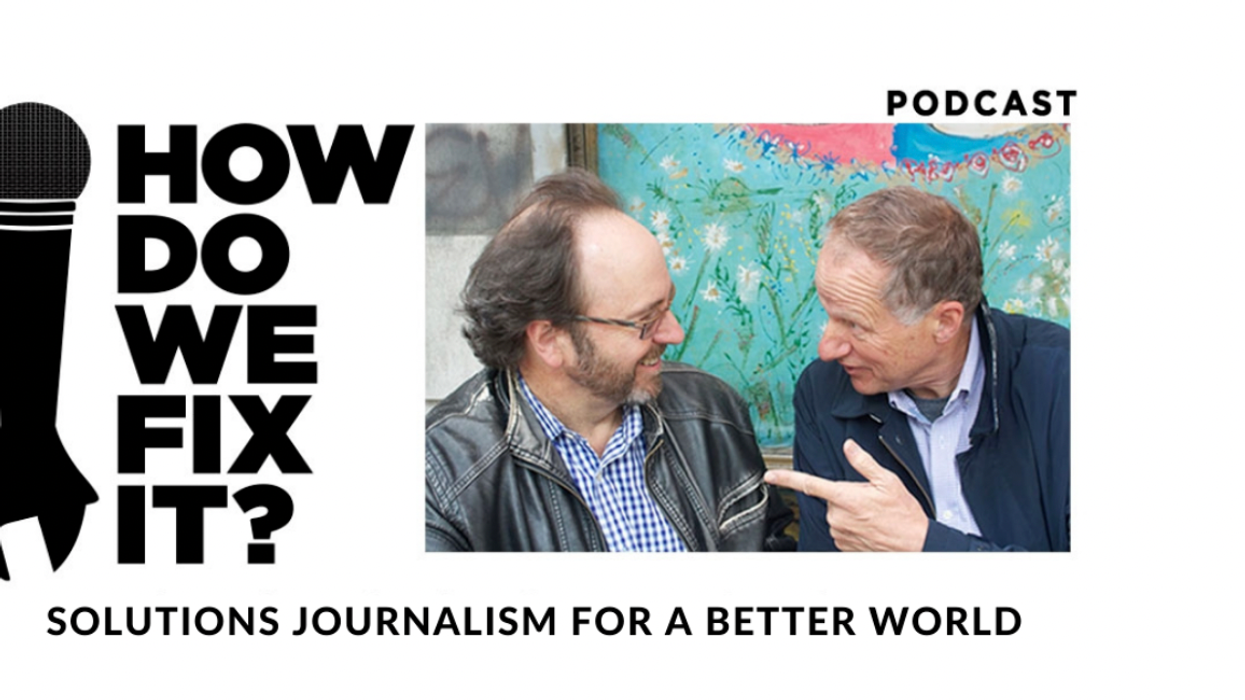Shock, surprises and suffering are the most immediate results of all wars. Russia's brutal, yet deeply flawed invasion of Ukraine has profound implications for the West, global democracy and the future of Europe and Russia. How do we Fix It shares the perspectives of two prominent thinkers, Jane Lytvynenko and Robert Kagen. Richard and Jim also share their analysis of the unexpected early outcomes of the war.
Listen now




















Trump & Hegseth gave Mark Kelly a huge 2028 gift